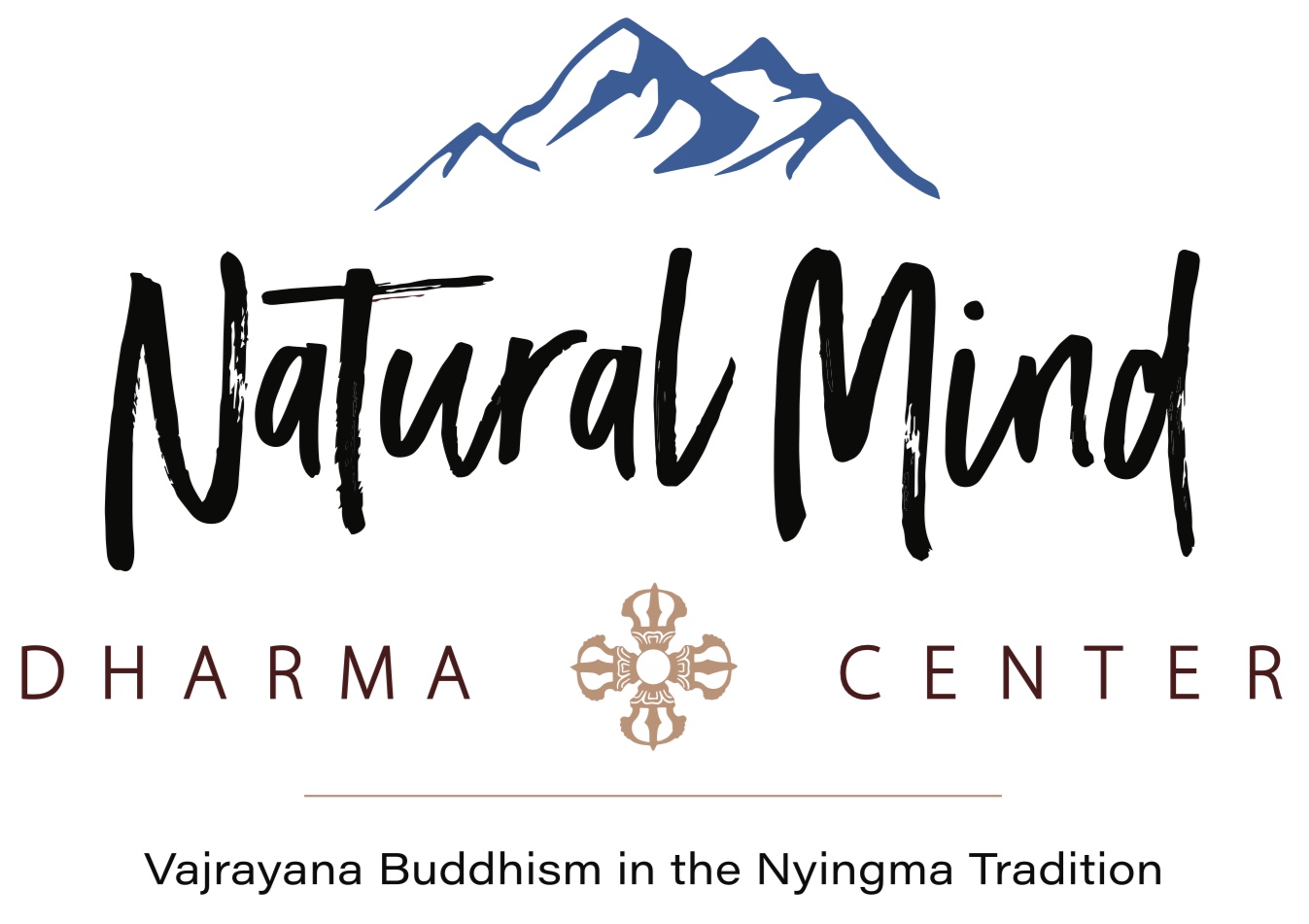Meeting the Dharma
“May I meet the Dharma immediately after taking birth and have the freedom to practice it properly.” This phrase from our dedication prayers is quite profound. It is an aspiration to practice the Dharma in every life. What does it mean to meet the Dharma immediately after taking birth? Is the health care provider assisting in our birth a Buddhist? Does it mean having parents who are Dharma practitioners? I remember talking to ‘God’ when I was three years old. No one taught me to do that. Is this the Dharma?
The word Dharma has at least ten different meanings: knowable thing, the path, nirvana, a mental object, merit, life, teachings of the Buddha or its scriptures, what is subject to change (material objects), rules or religious vows, and spiritual traditions. This pretty much covers everything. How is it possible not to meet the Dharma after being born?
Everyone meets the Dharma at some point in life. This is where the second part comes into play—”…and have the freedom to practice it properly.” When we meet the Dharma, do we recognize it? Are the causes and conditions in our lives supportive to practicing? If so, we definitely have the karma to enter the path, but we still must do something to continually reaffirm our recognition. Otherwise our distractions may lead us away from the path.
This is why Dharma is most often associated with the teachings and practices of a spiritual path—in this case Buddhism. The only thing magical about following a particular path is that it reminds us we never left home. Everything is the Dharma, so every moment is practice. The formal practices of meditation, visualization, mantra, etc., only serve to stabilize the precious clarity of awareness. But the main practice is moment to moment awareness. This is natural and cannot be taught.
May we all meet the Dharma immediately after taking birth and have the freedom to practice with wisdom and clarity. It is up to us. Every moment is a birth.
